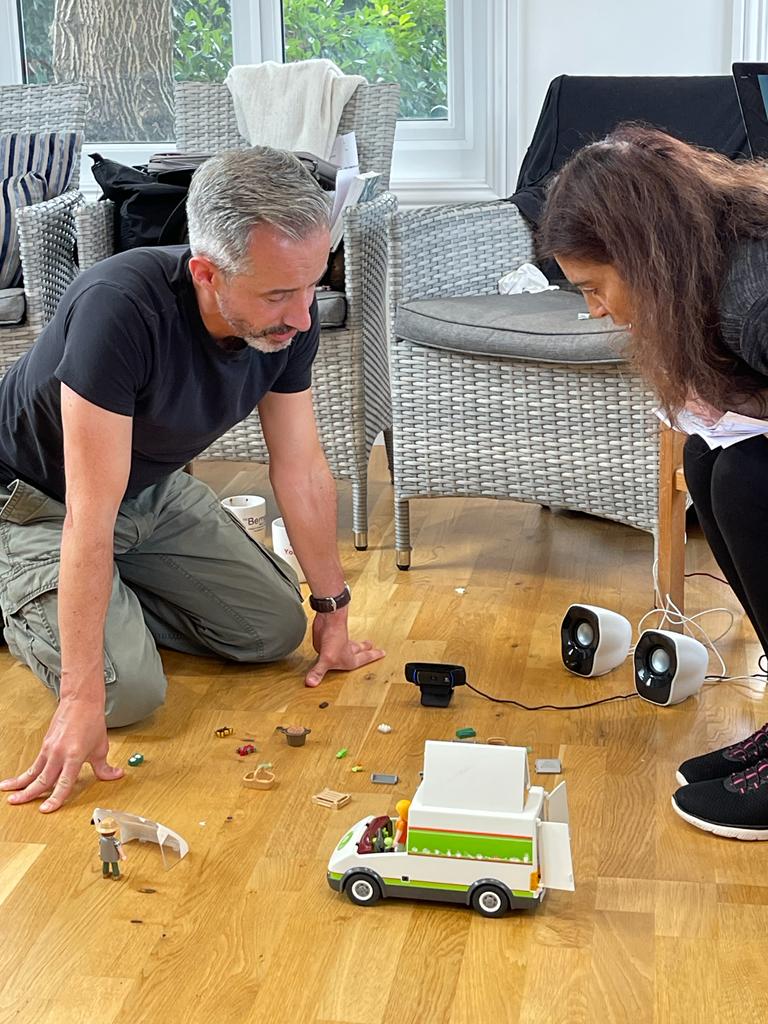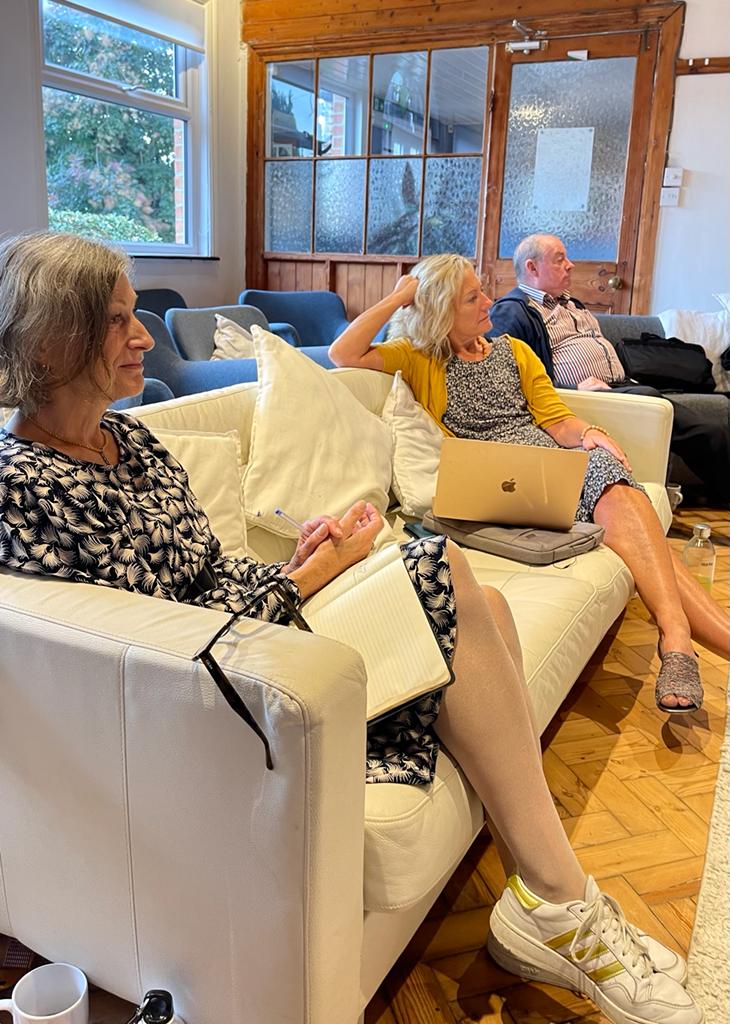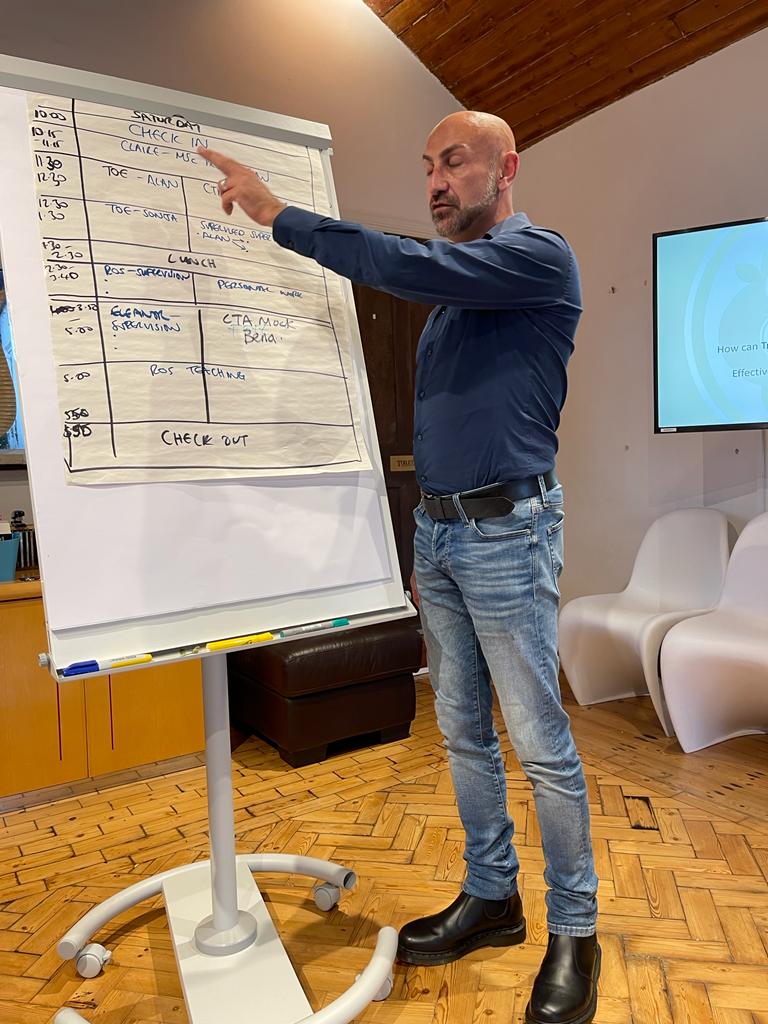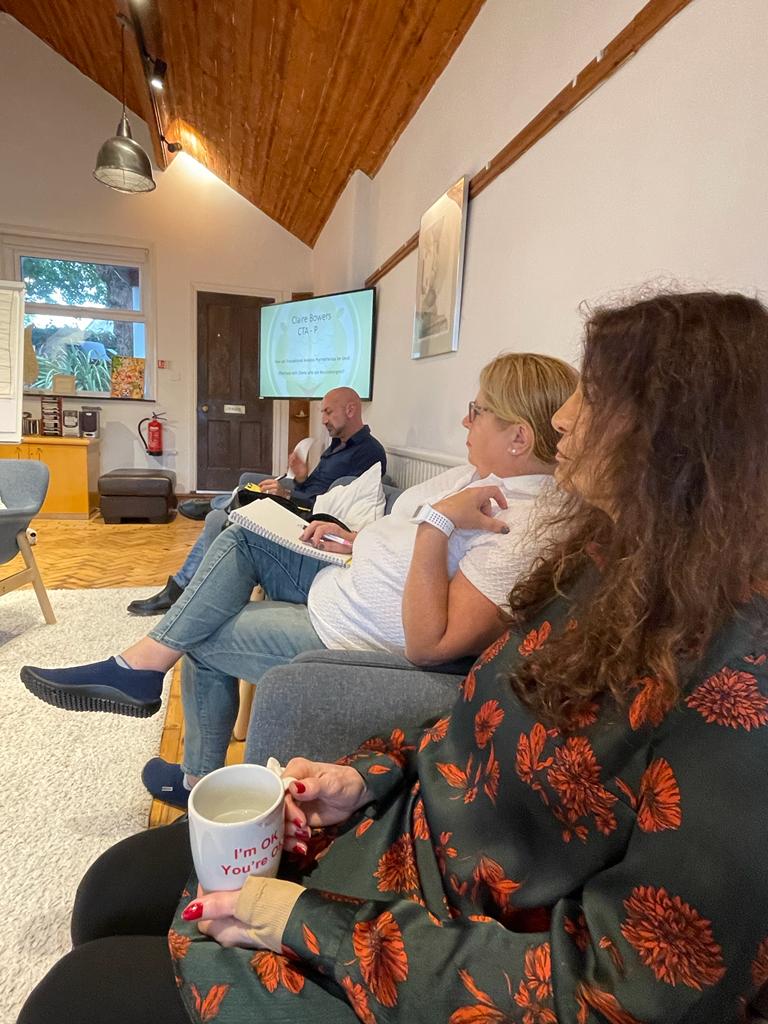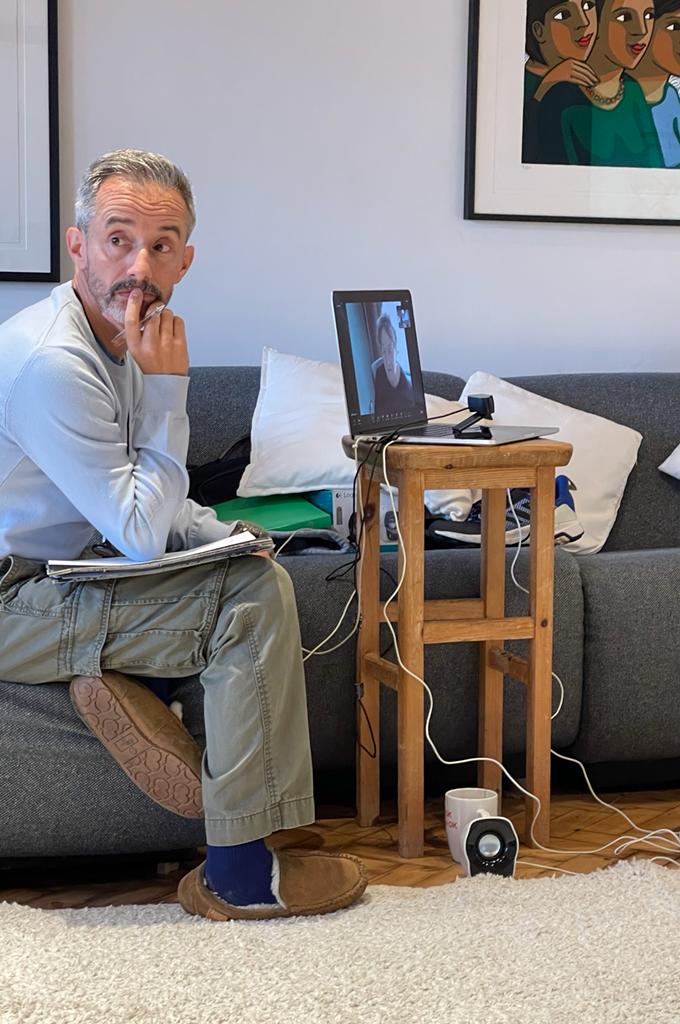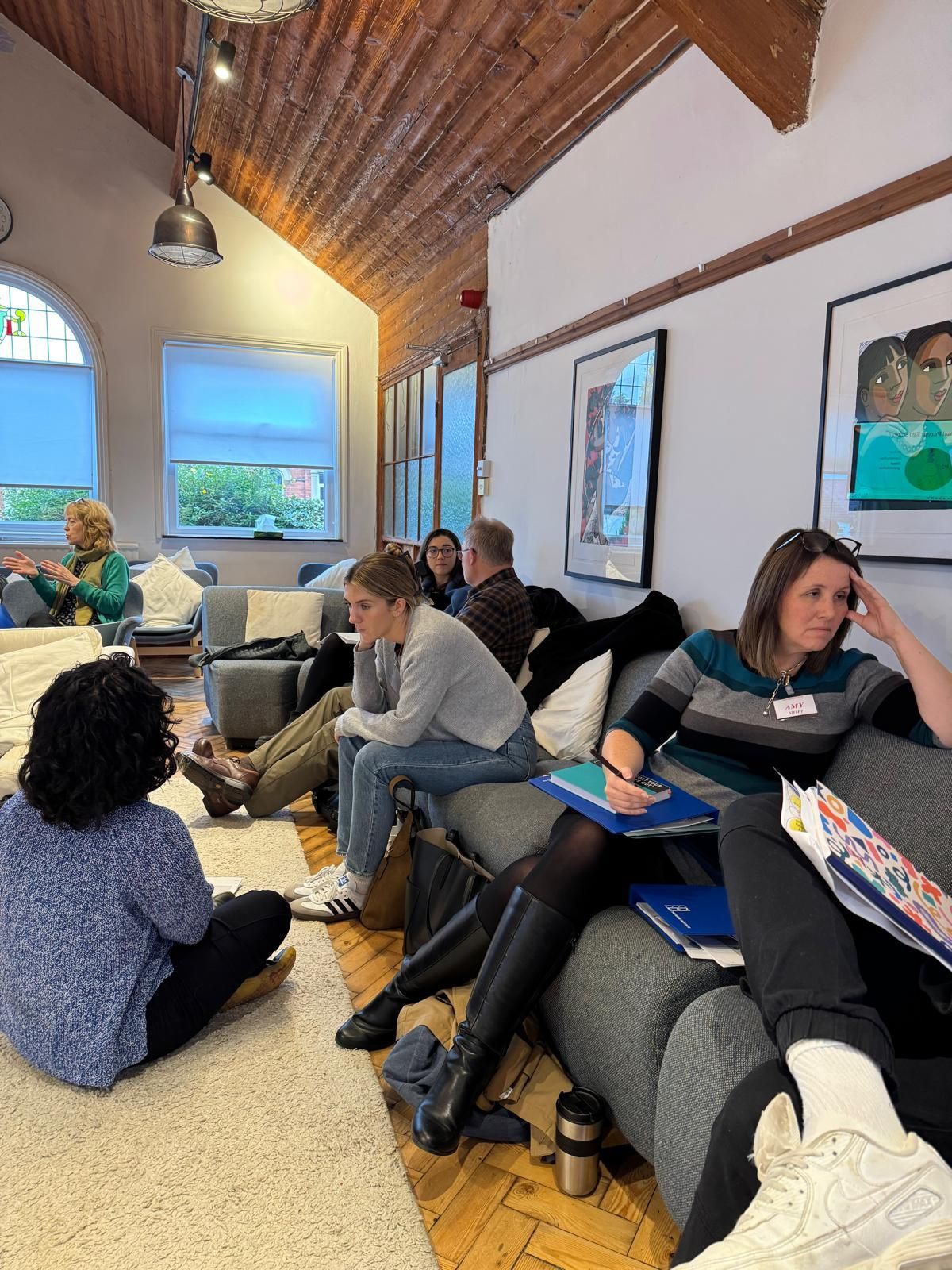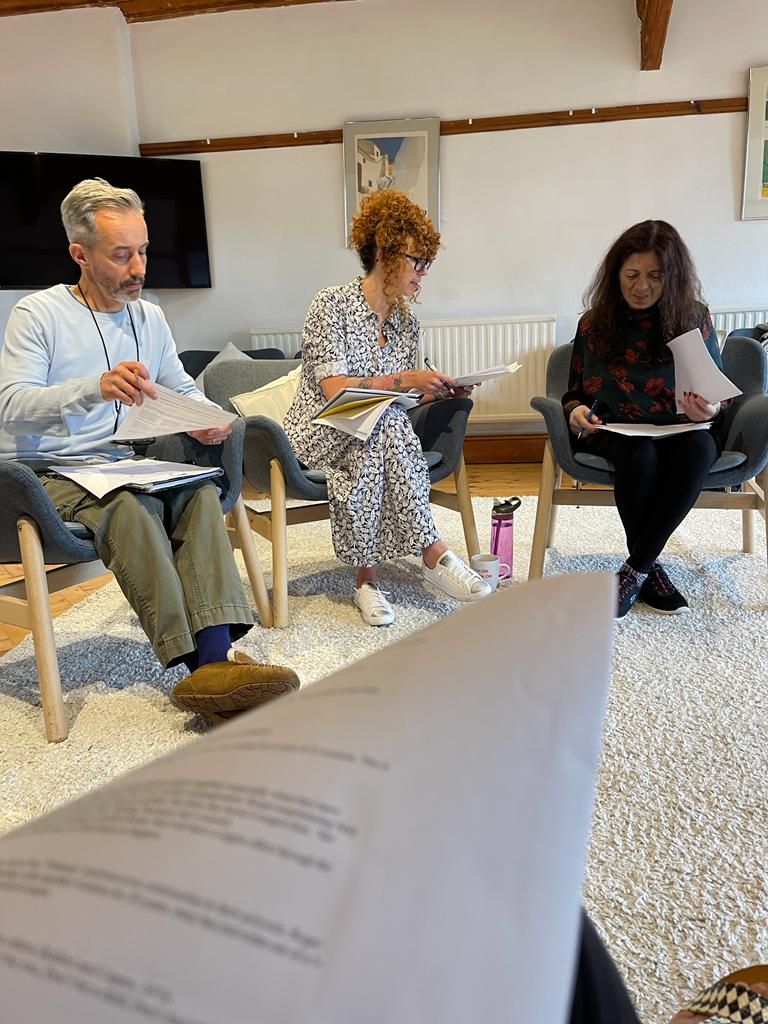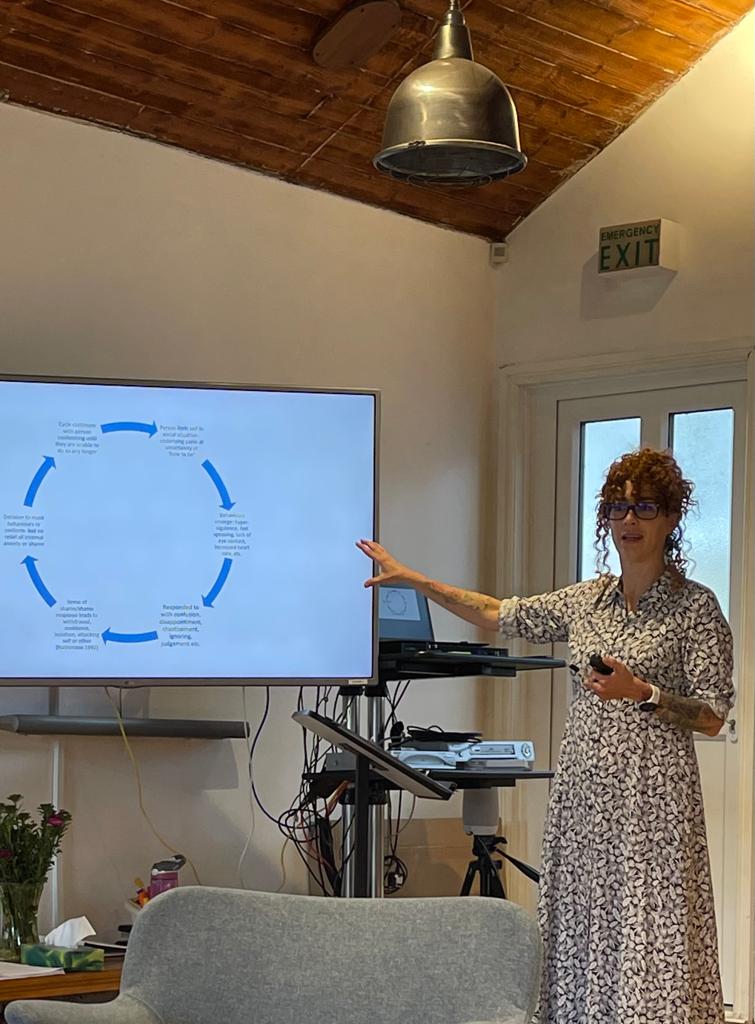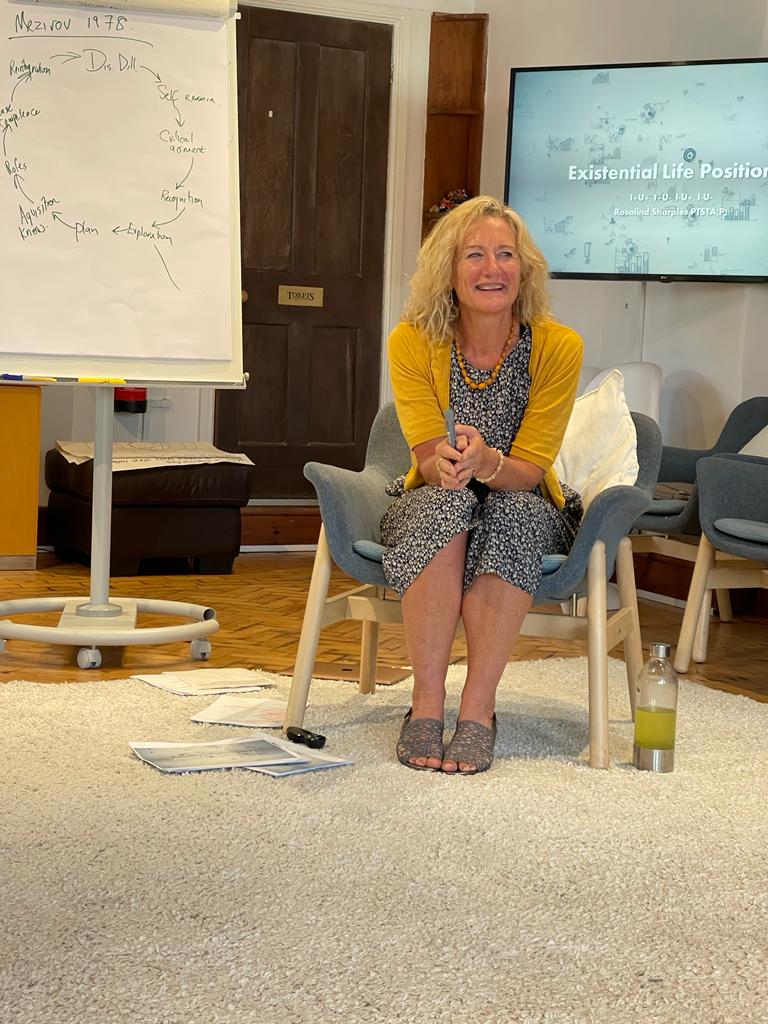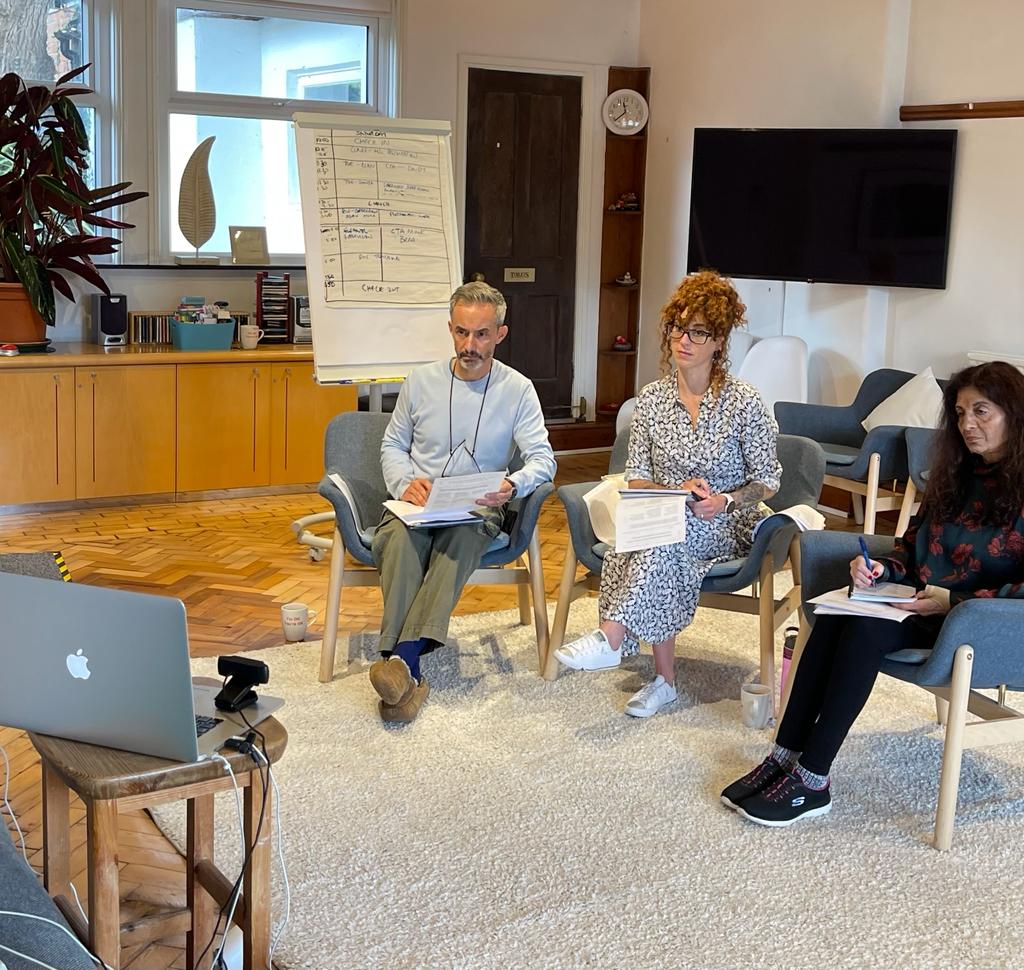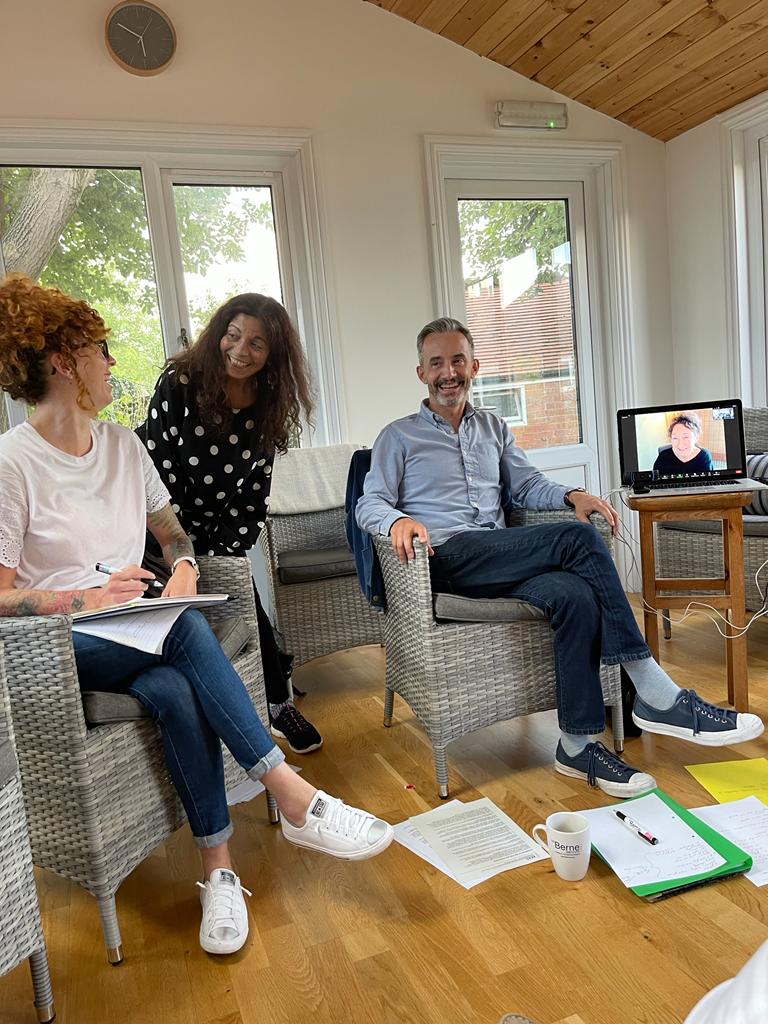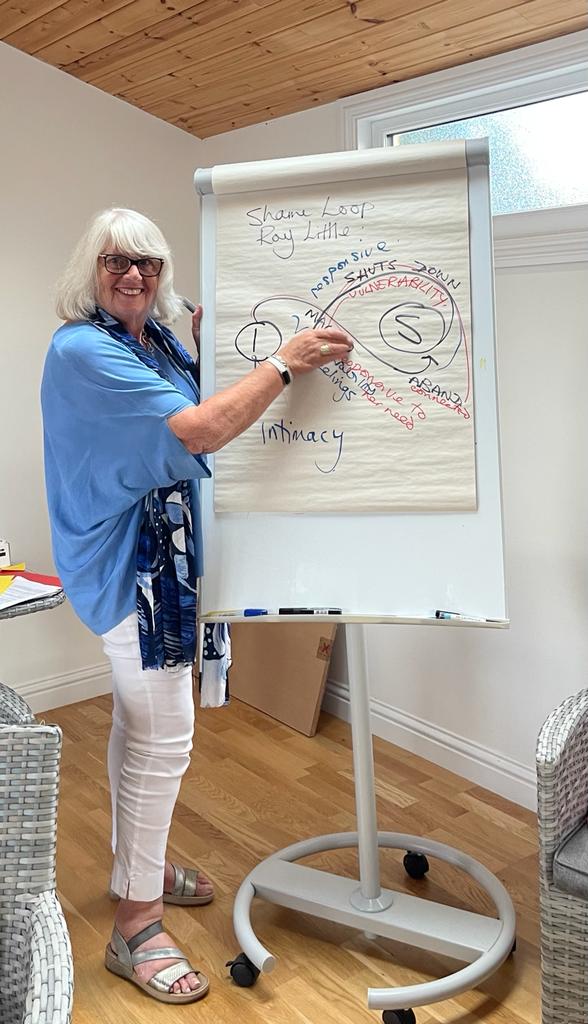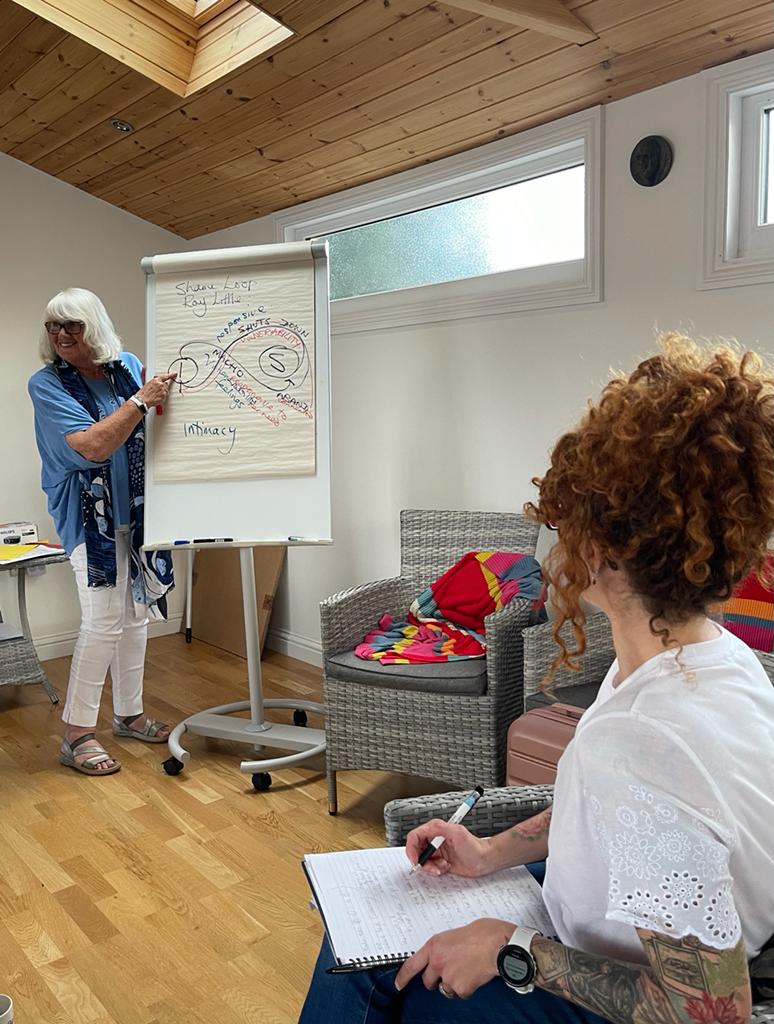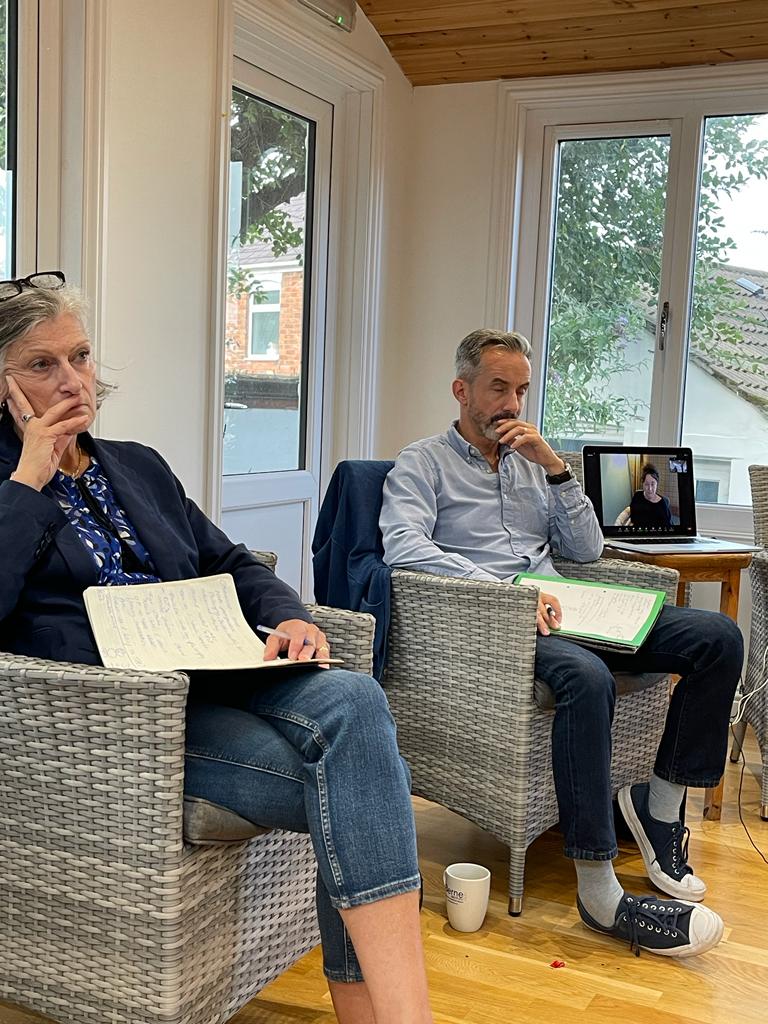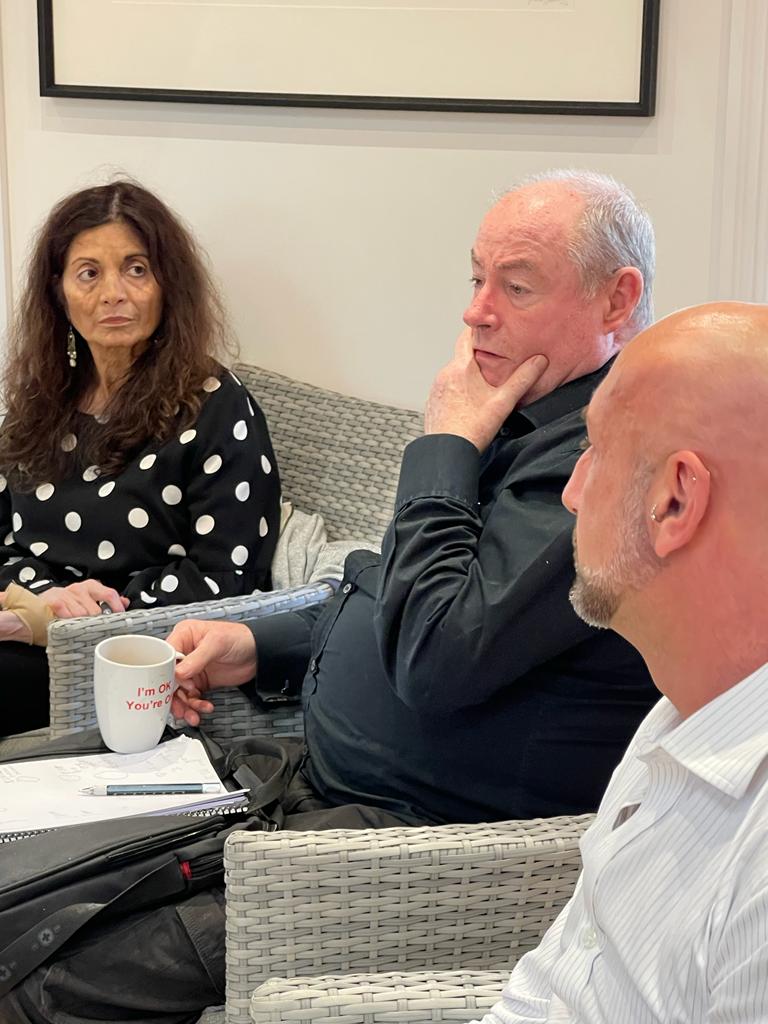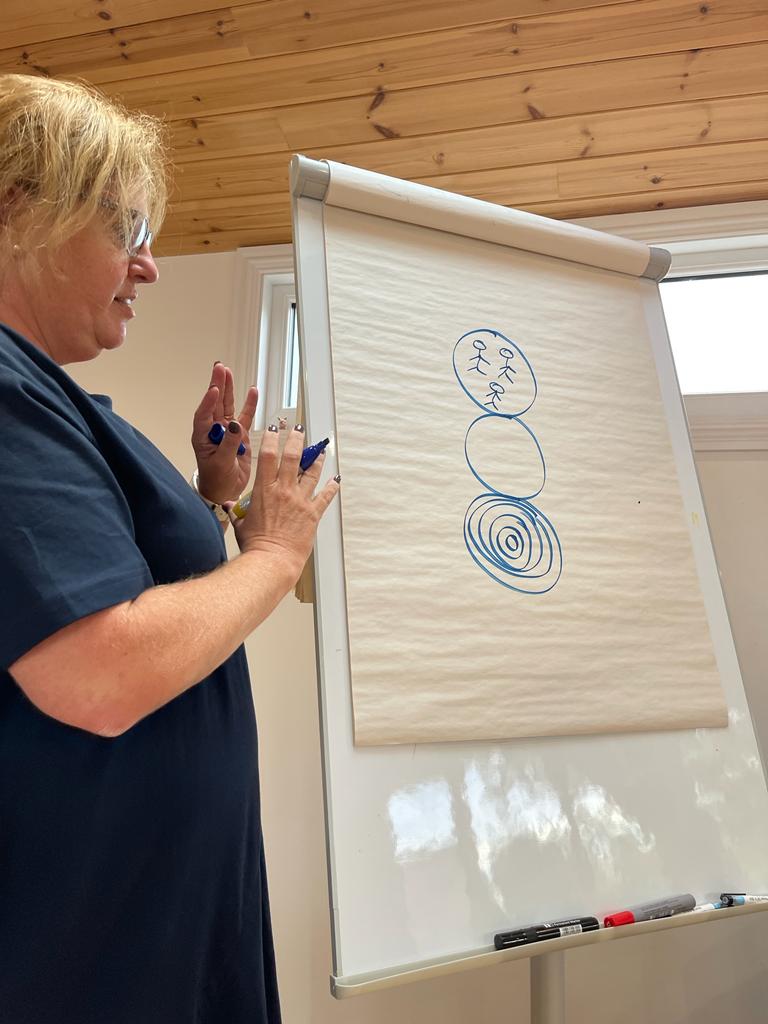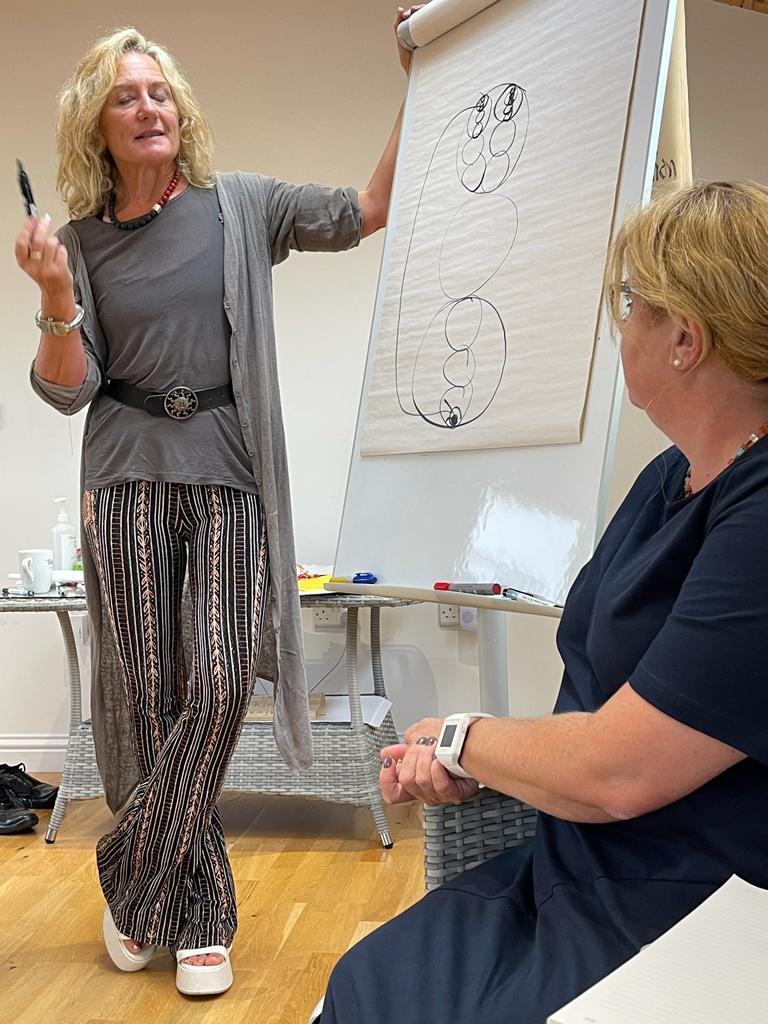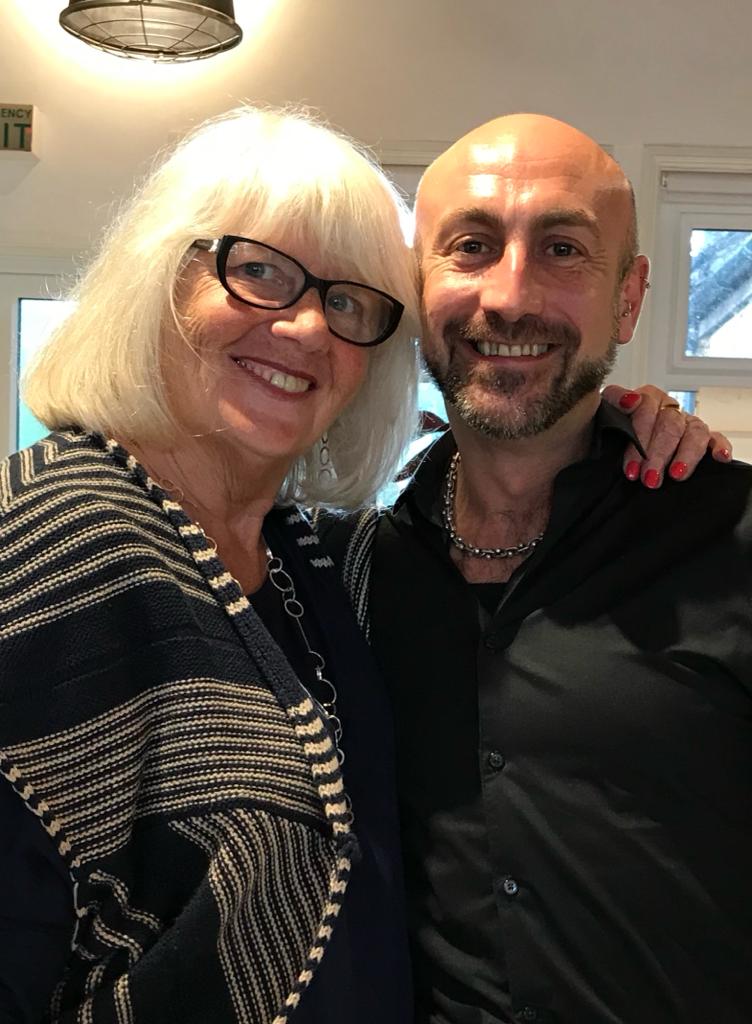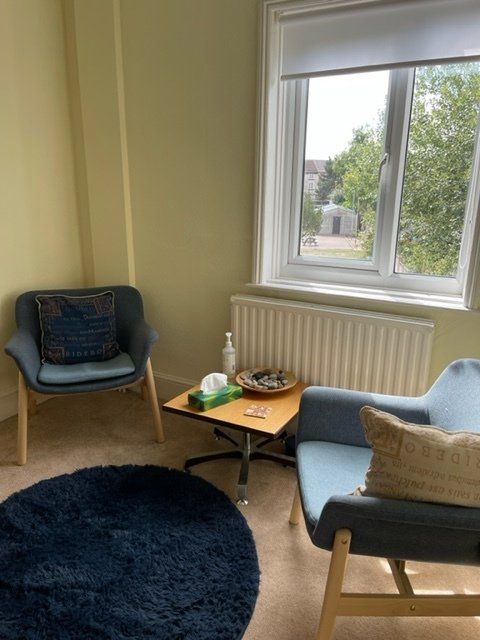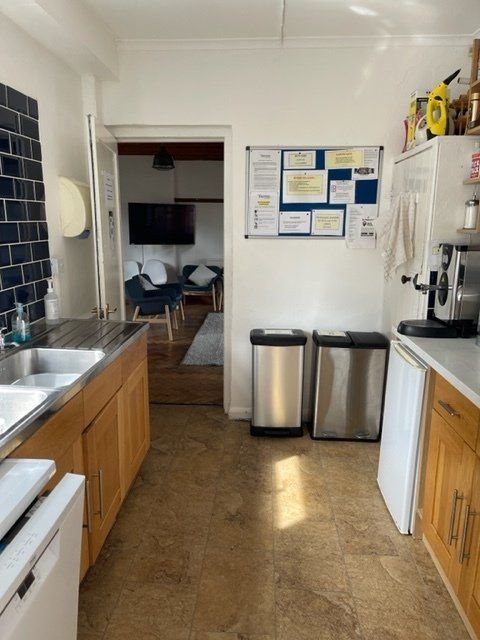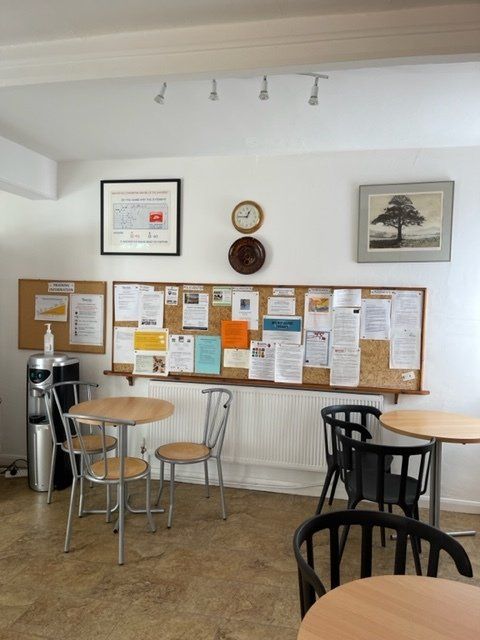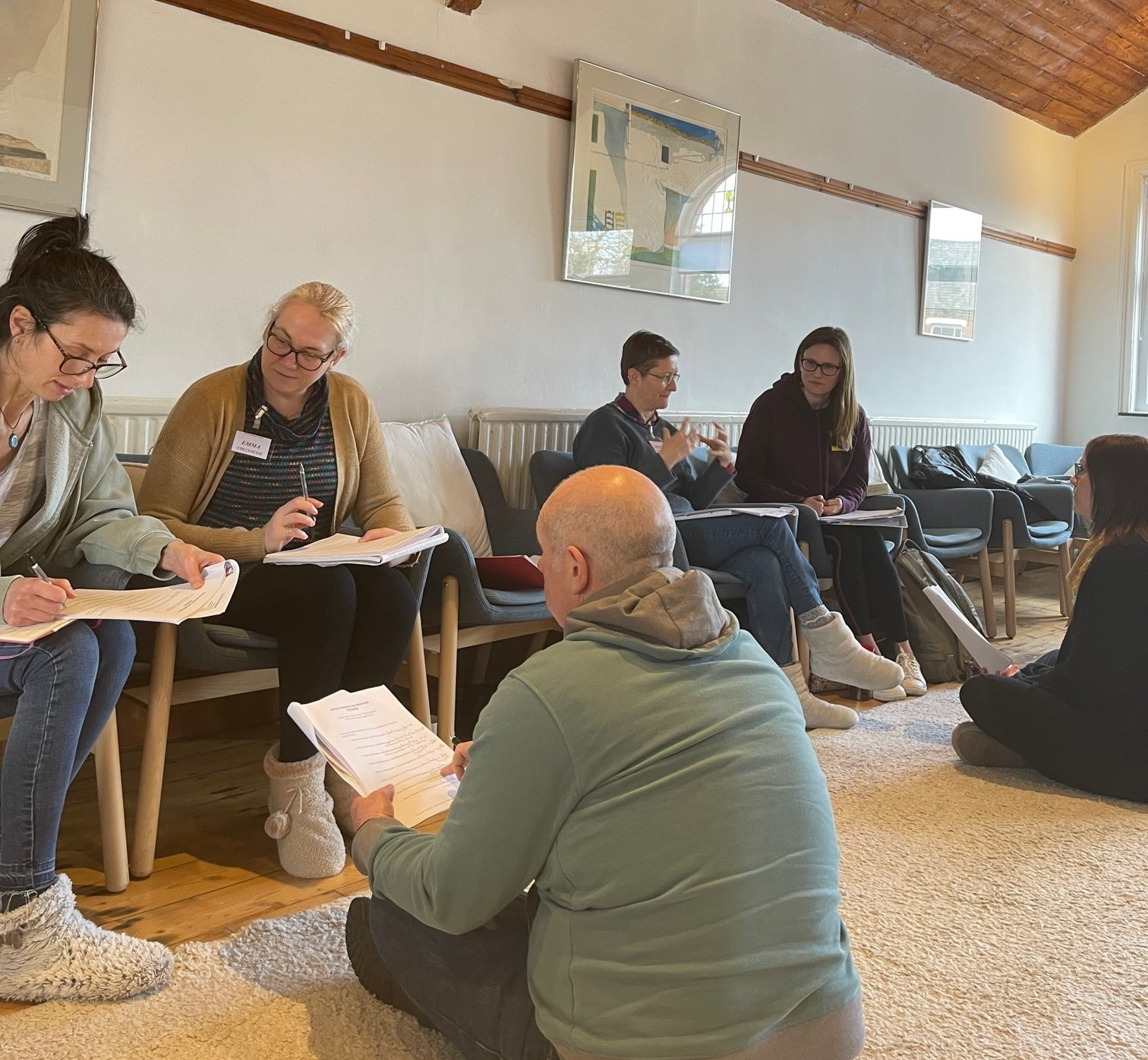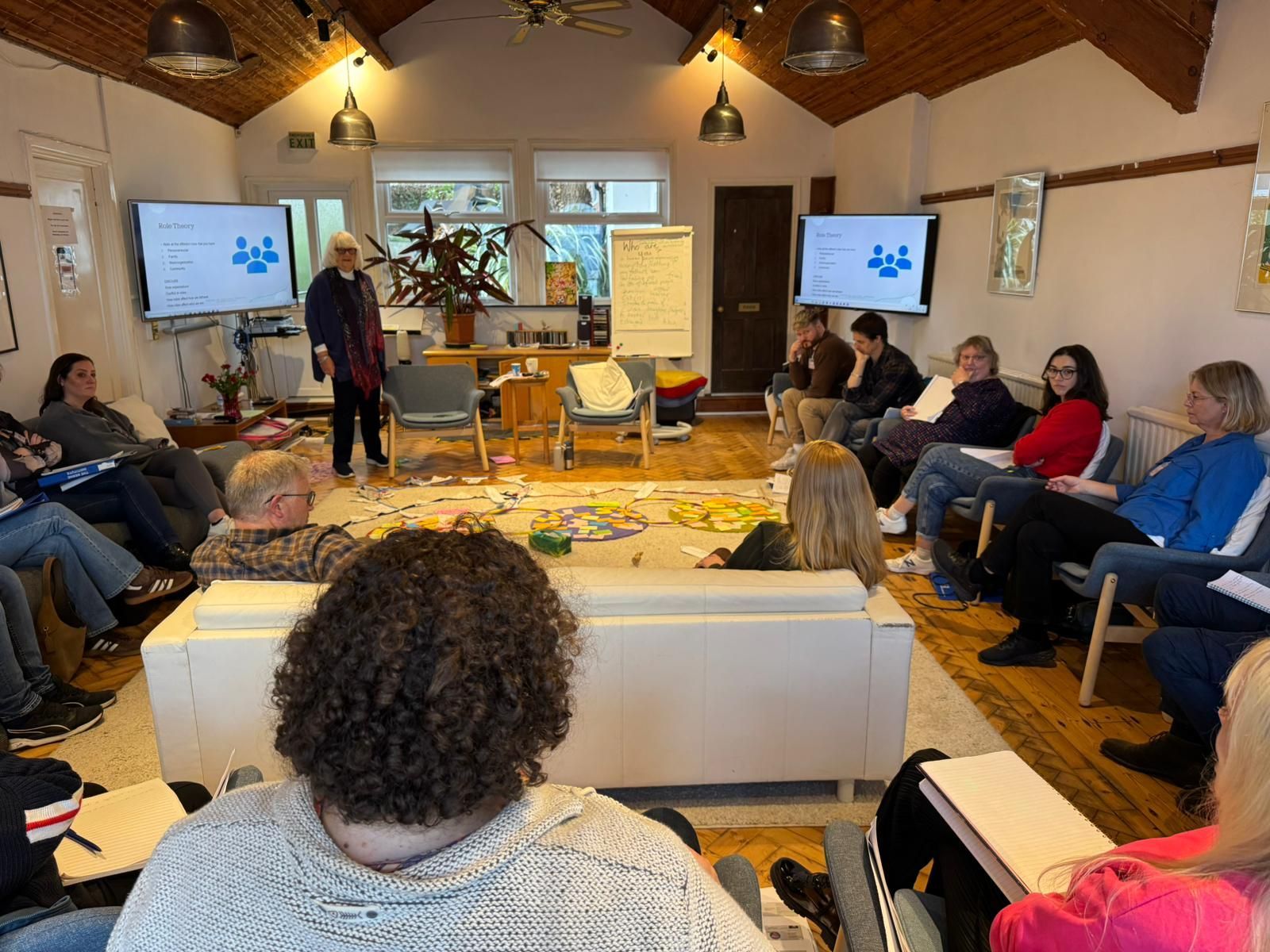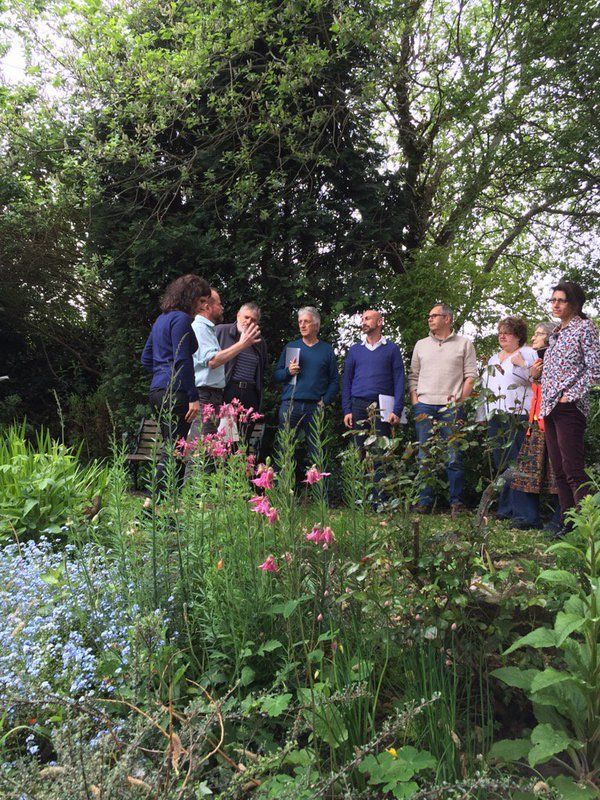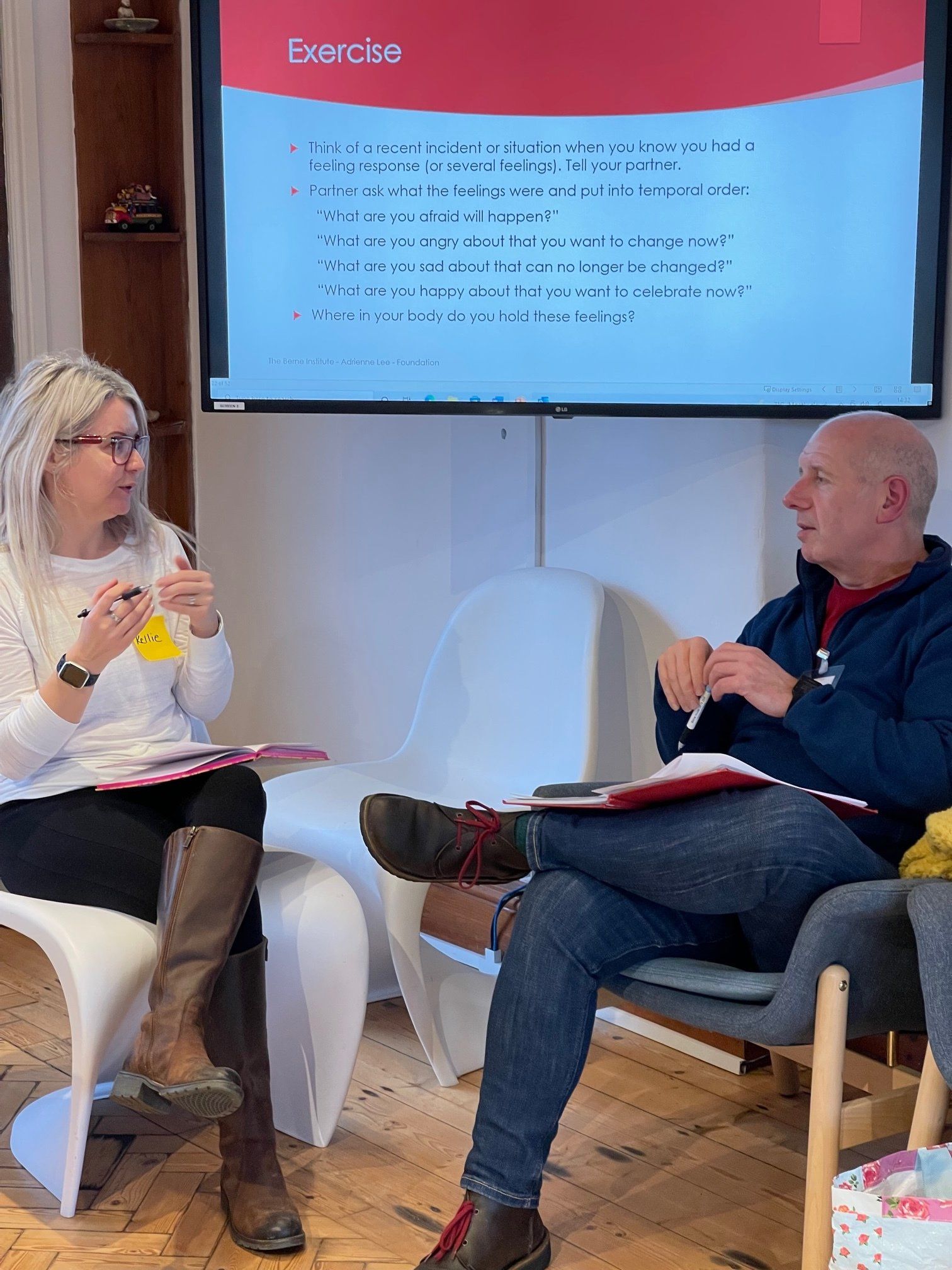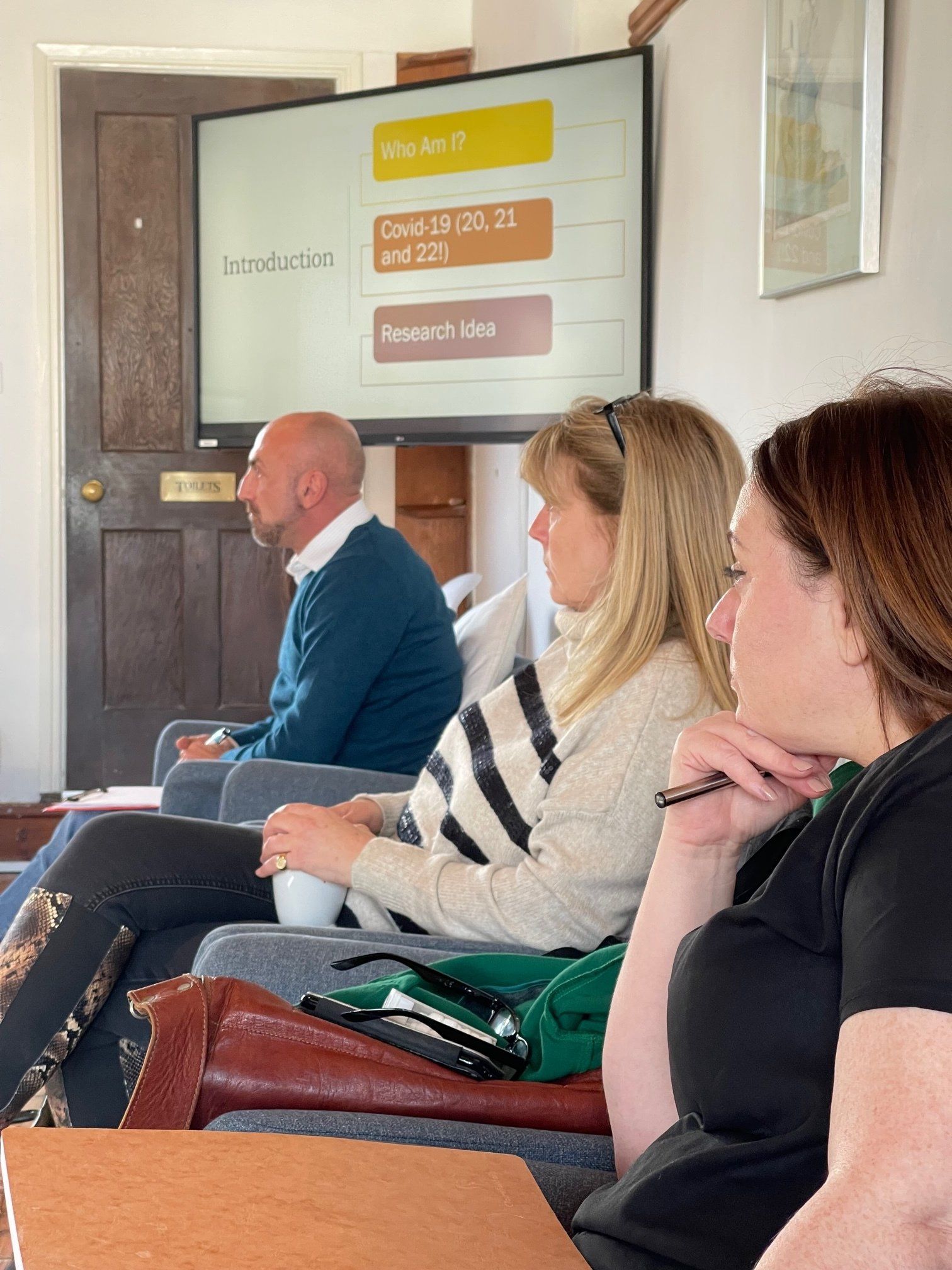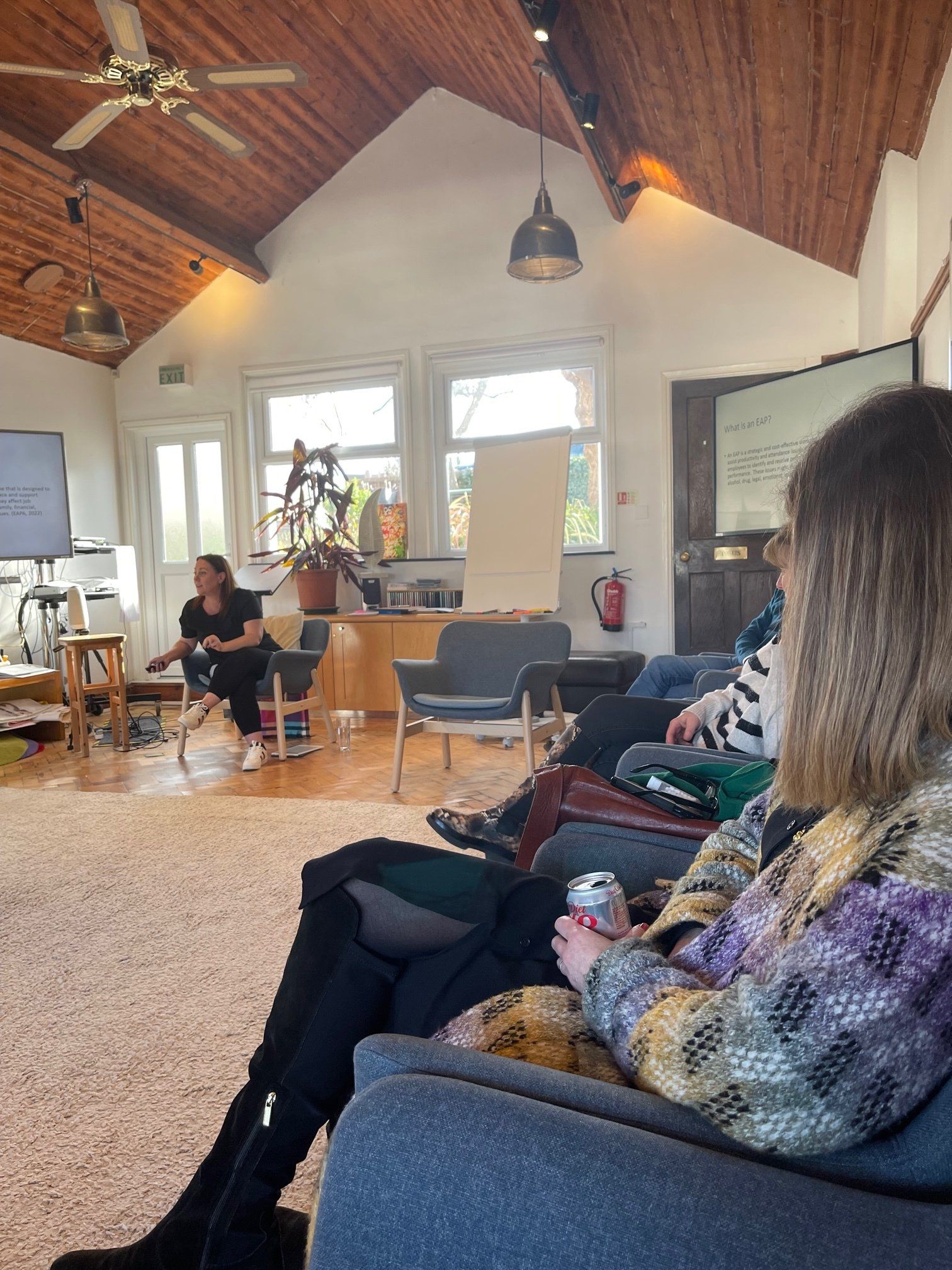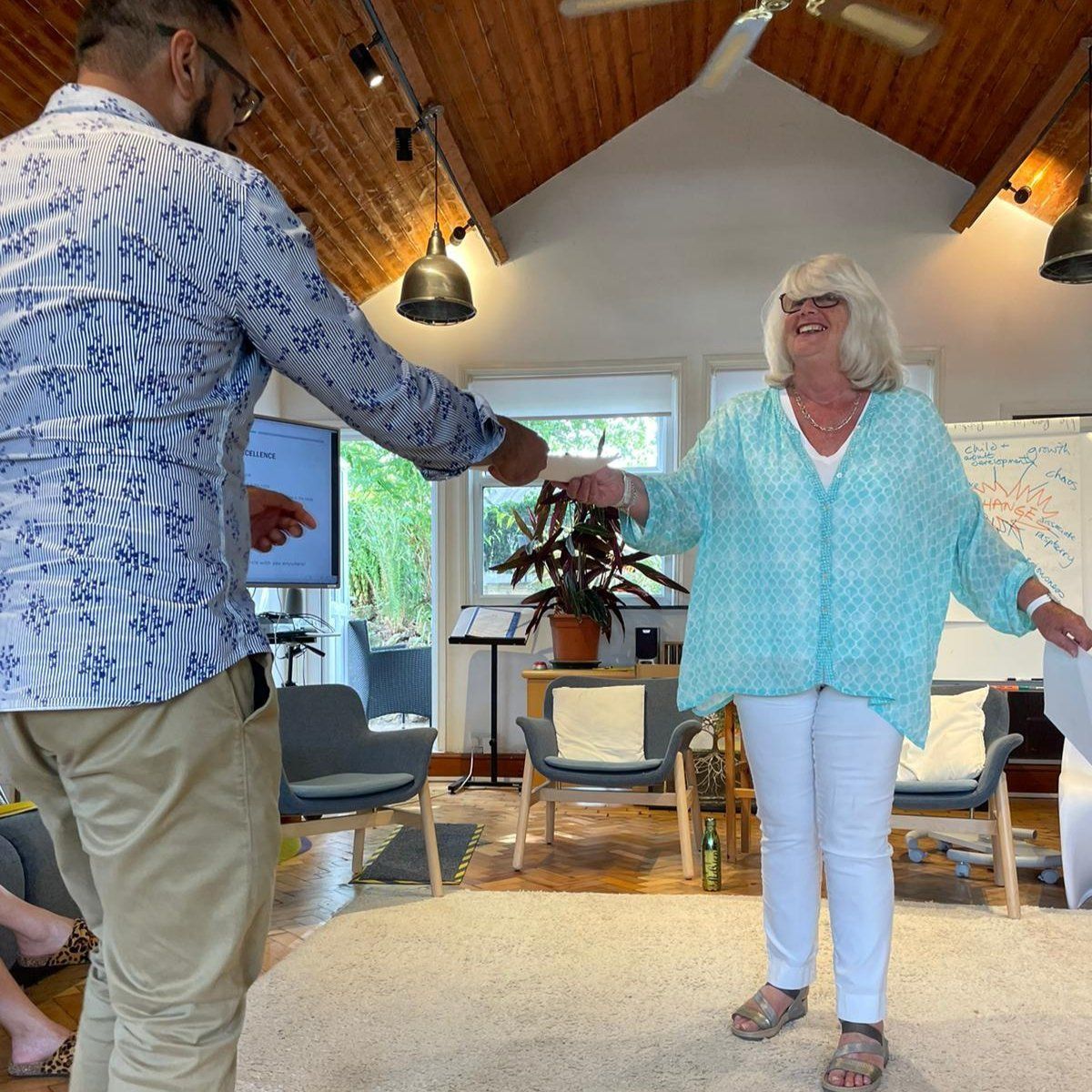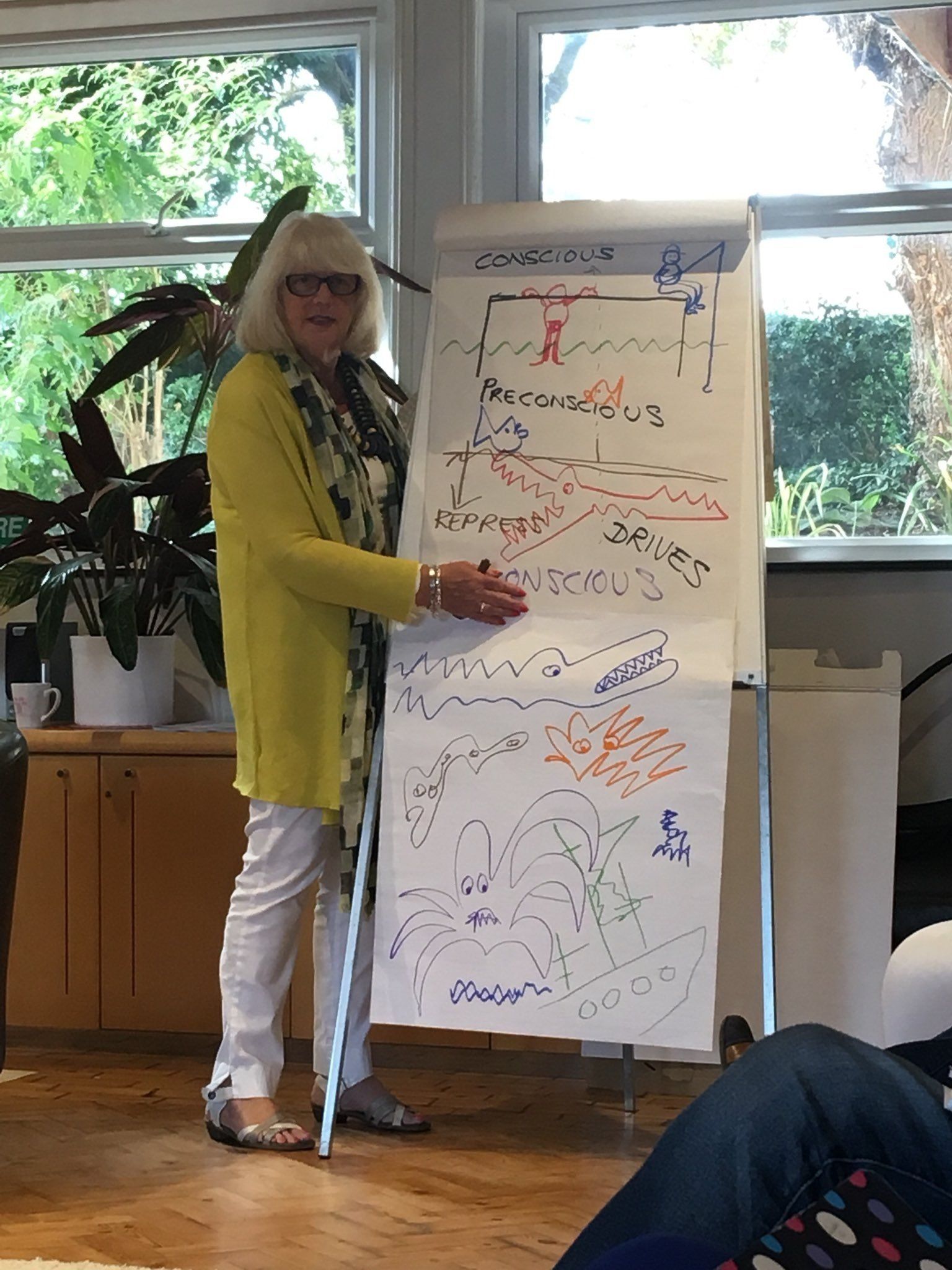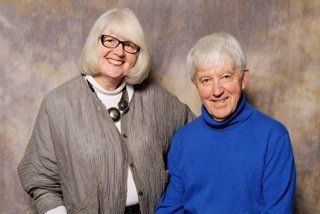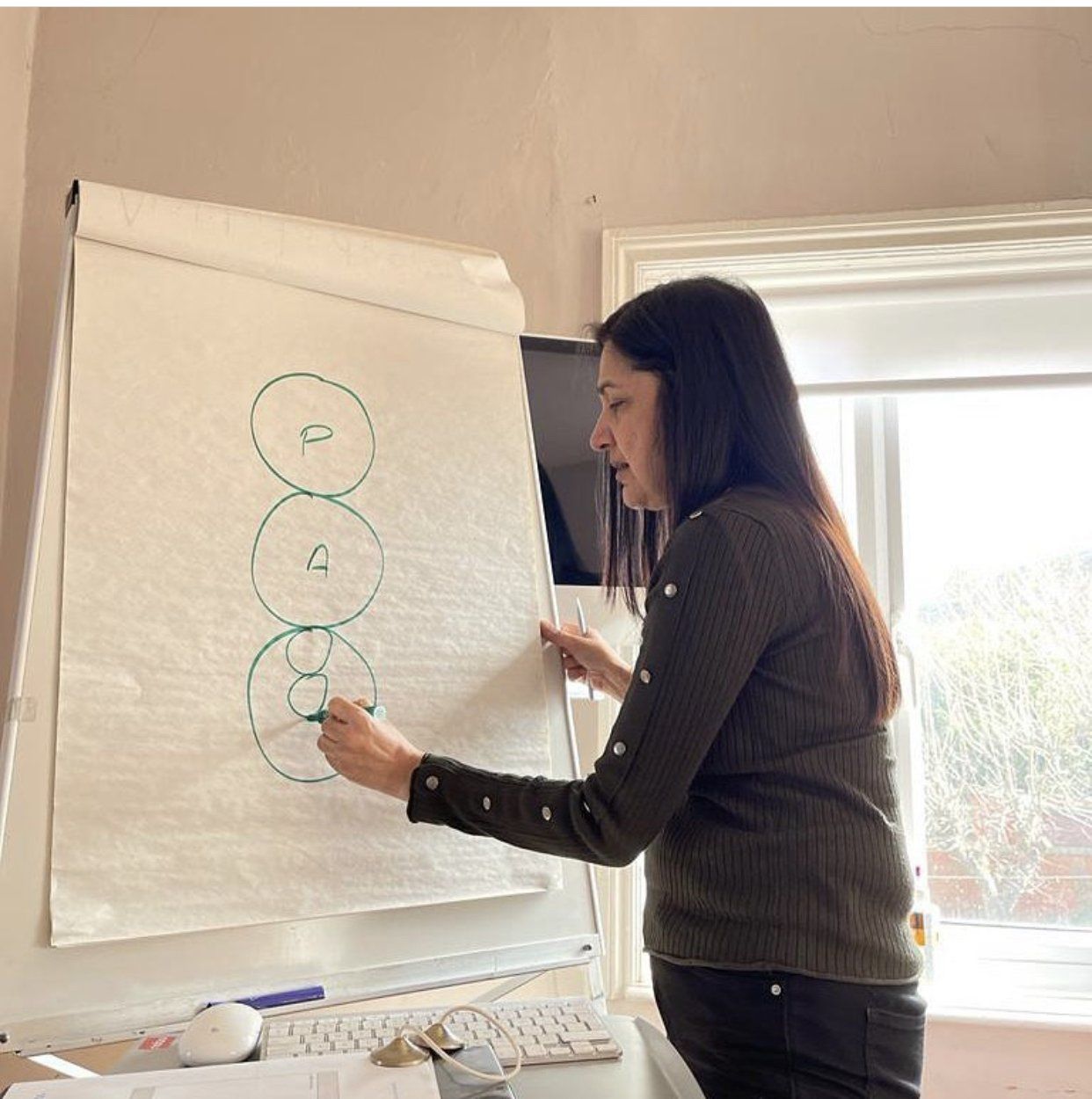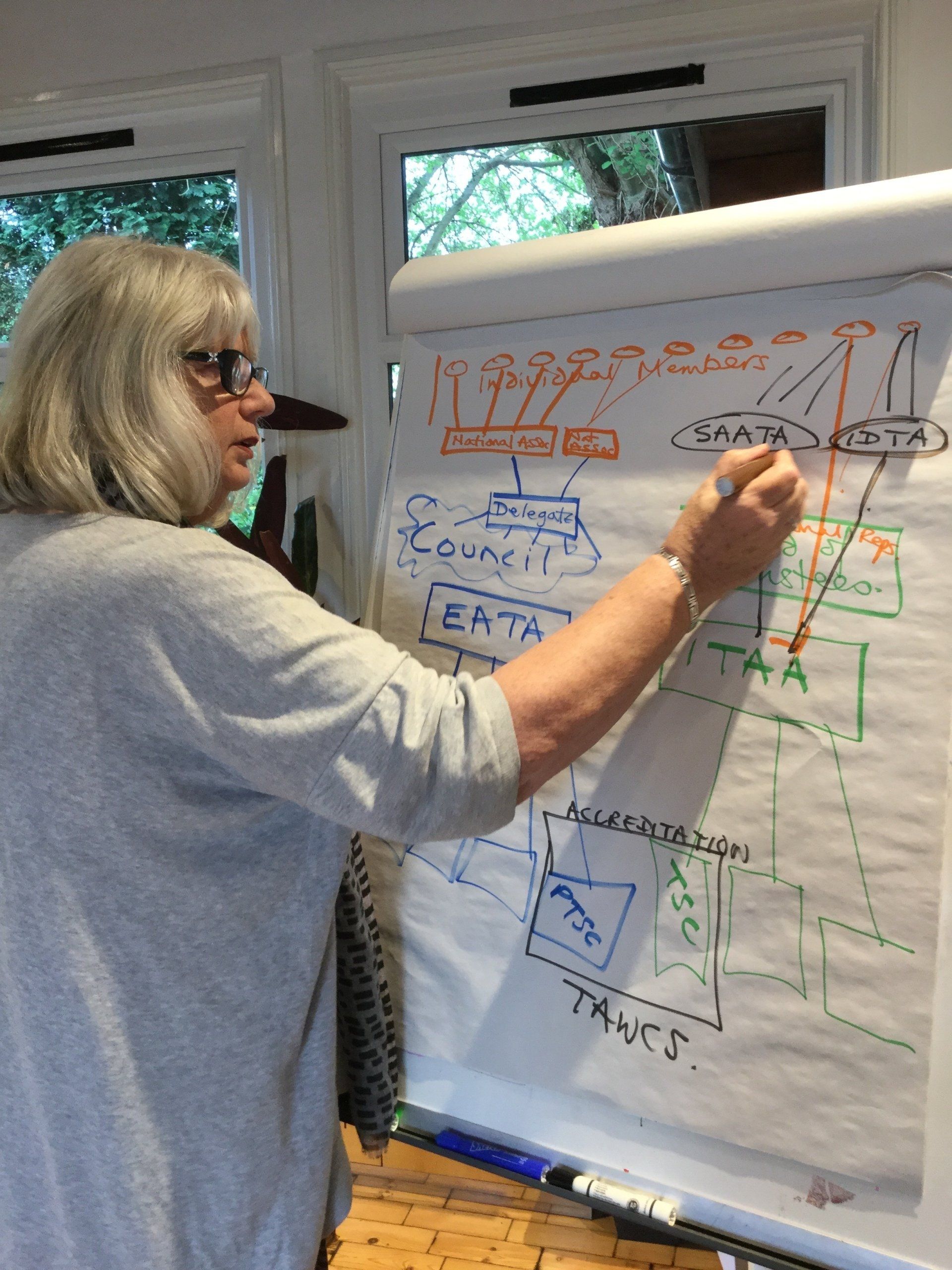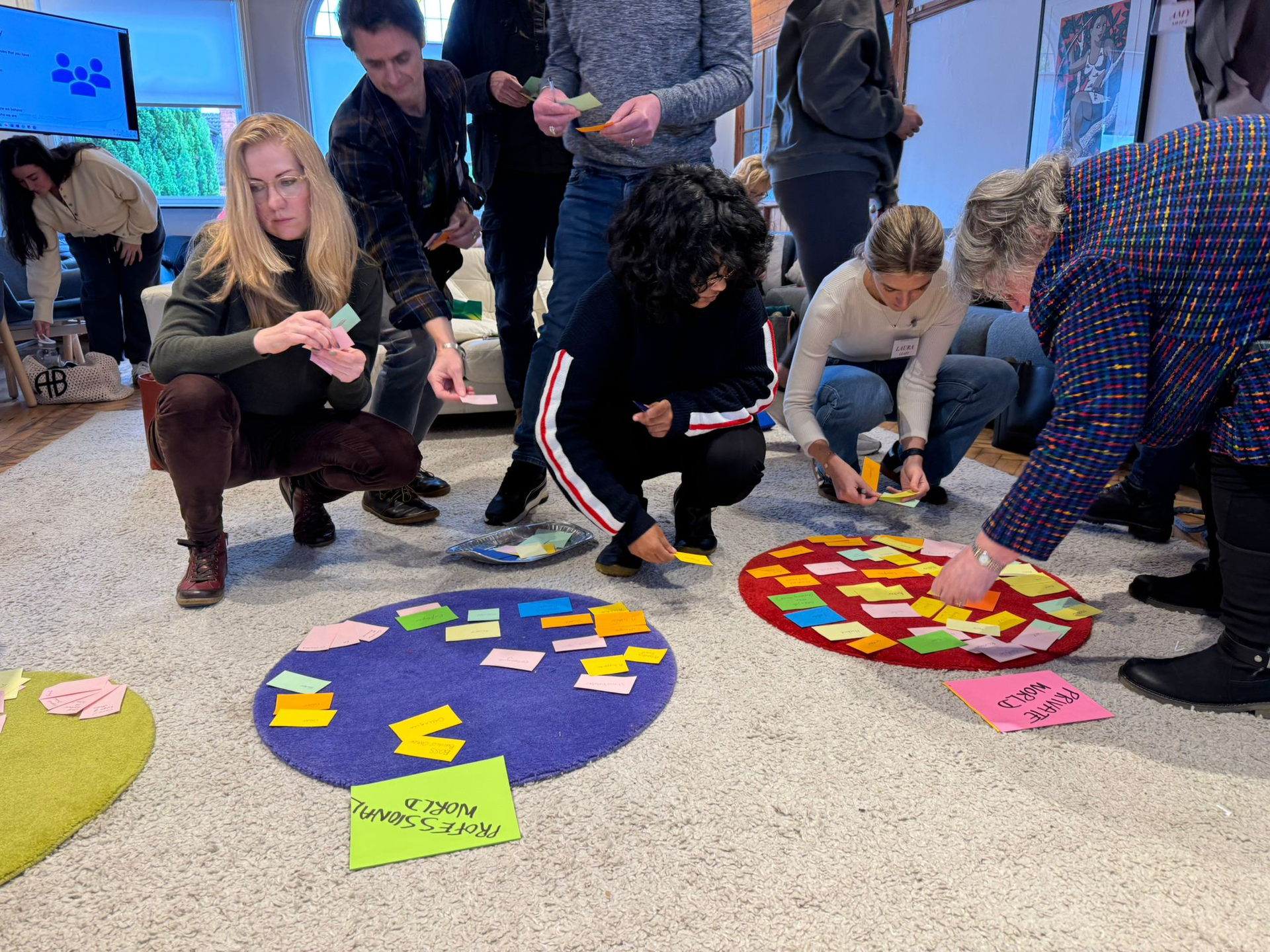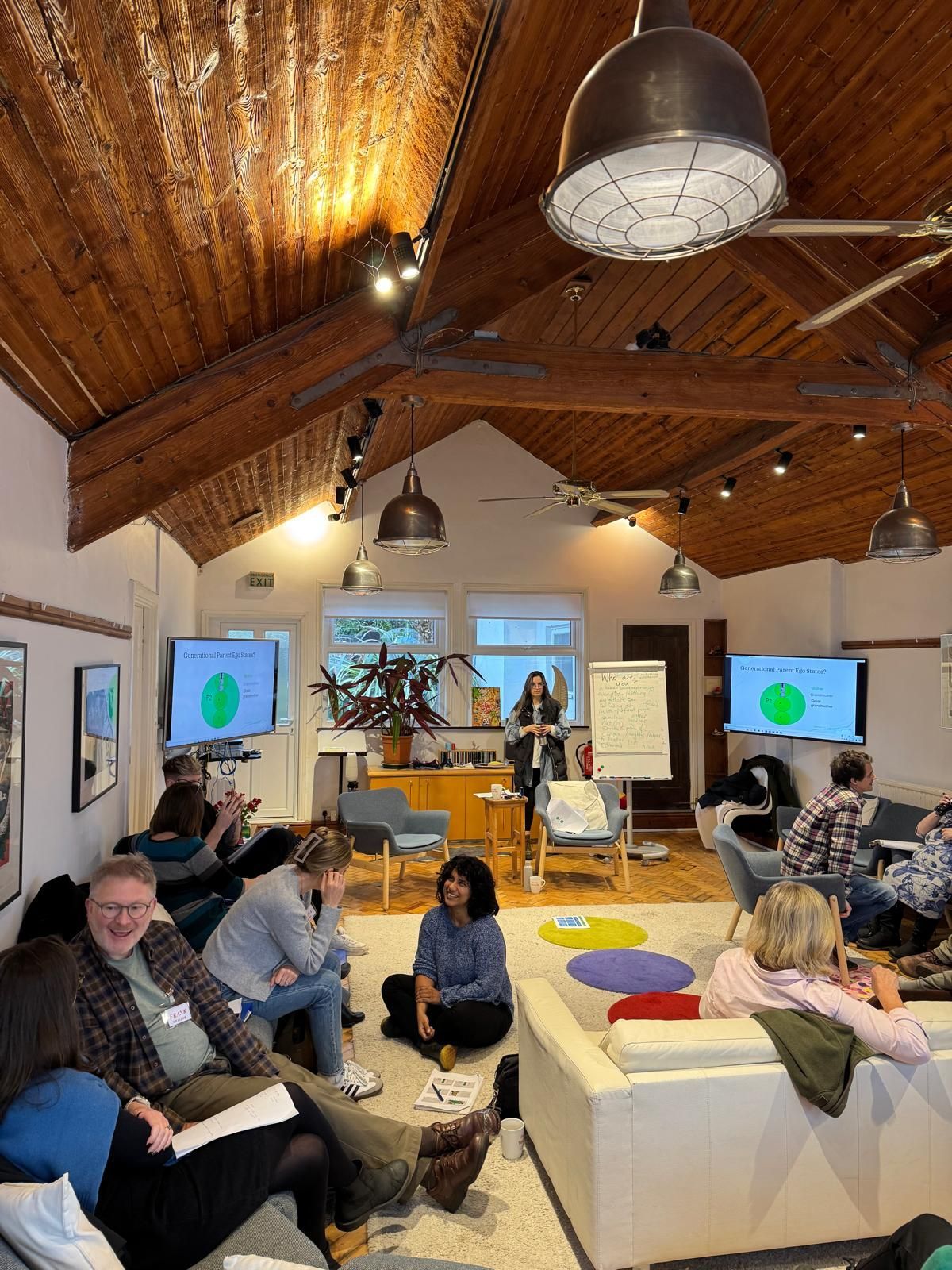Psychotherapy
Advanced Training
Online and In person
Online & In-person
About the Course
There are 20 days of training in each year and the total duration of the course will depend on your initial experience and background, since it may be possible to credit prior learning towards the total hours requirement set by EATA. Most trainees can expect to take four to five years between entering the course and taking their final examination. We have two cohorts - one which meets in-person at Berne House (Universe 1), and a second group which meets online (Universe 2). Our online tutor groups are smaller, with two tutors.
Summary
Course Cost
Fees 2025/26
£2950
We provide monthly payment options
on all our advanced training course fees
Course Dates
Dates 2025/26
Universe 1
20 - 21 September 2025
18 - 19 October
8 - 9 November
6 - 7 December
17 - 18 January 2026
14 - 15 February
21 - 22 March
16 - 17 May
20 - 21 June
18 - 19 July
Universe 2
27 - 28 September 2025
25 - 26 October
15- 16 November
13 - 14 December
24 - 25 January 2026
21 - 22 February
28 - 29 March
23 - 24 May
27 - 28 June
18 - 19 July
Tutors
Universe 1 Tutors
Adrienne Lee
Frances Townsend
Lisa Mathurin
Universe 2 Tutors
Adrienne Lee
Lisa Mathurin
Anjali Puri
Enid Welford
Frances Townsend
Trainers
Adrienne Lee
Anjali Puri
Frances Townsend
Ales Zivkovic
Lisa Mathurin
Rebecca Elston
Our Core Philosophy
At The Berne Institute we recognise that people come into TA training with widely differing experiences of clinical practice, theoretical knowledge and formal academic learning, and that they differ widely also in their current personal resources and skills. Our courses therefore honour the uniqueness of each individual’s learning and experience and their different learning styles, pace and areas of competence.
The philosophy and practice of Homonomy that respects our mutuality and interconnectedness has been recently integrated into the Berne Institute philosophy. The aim is to expand the focus in our theory and practice from individual change to include a focus on the wider implications of our work on the whole community and our planet.

